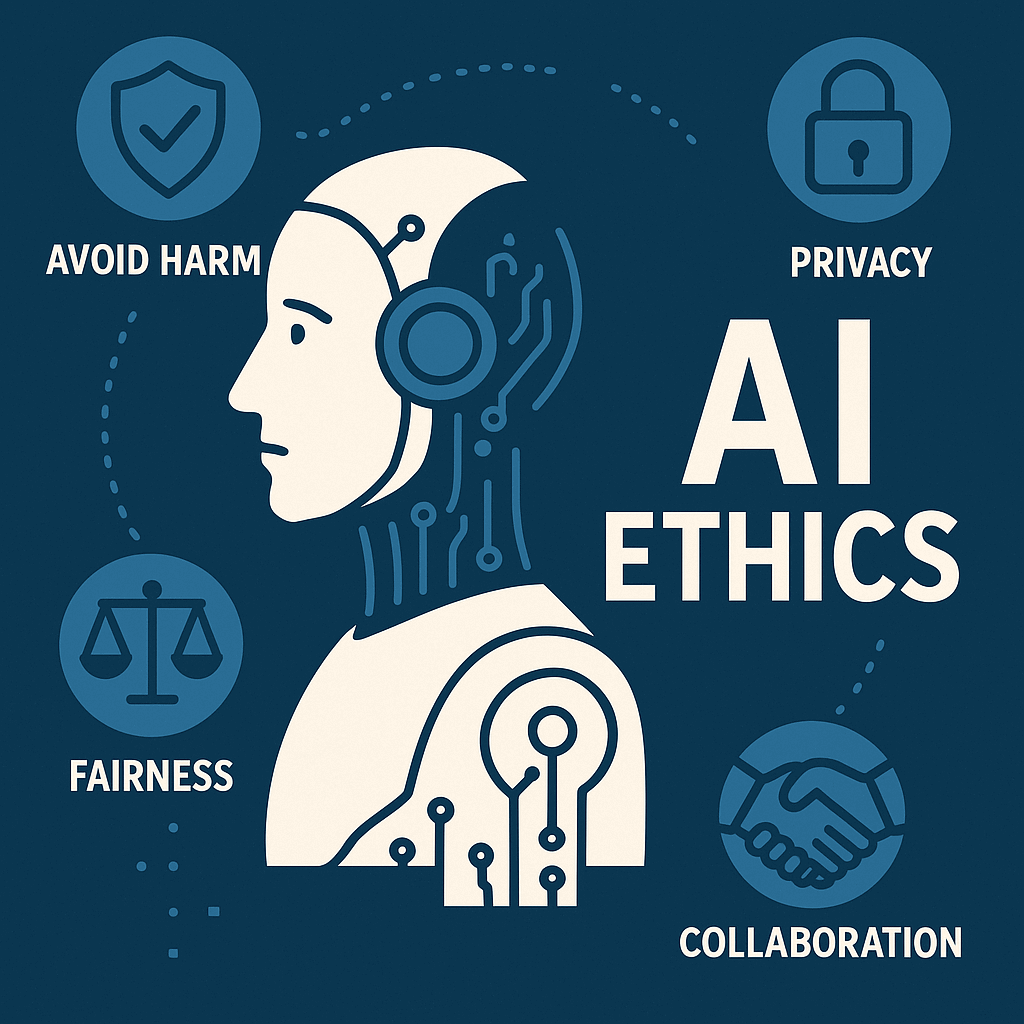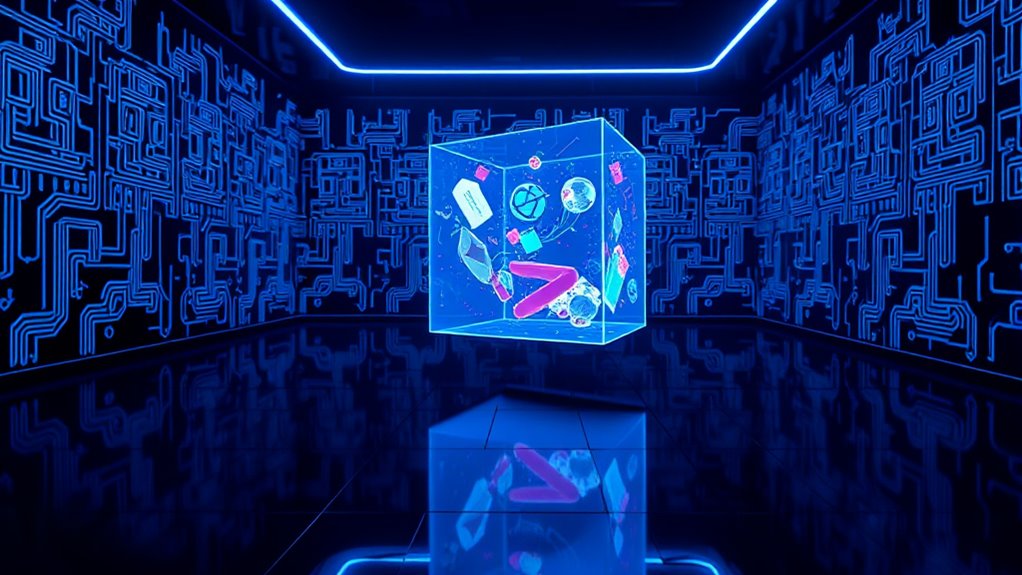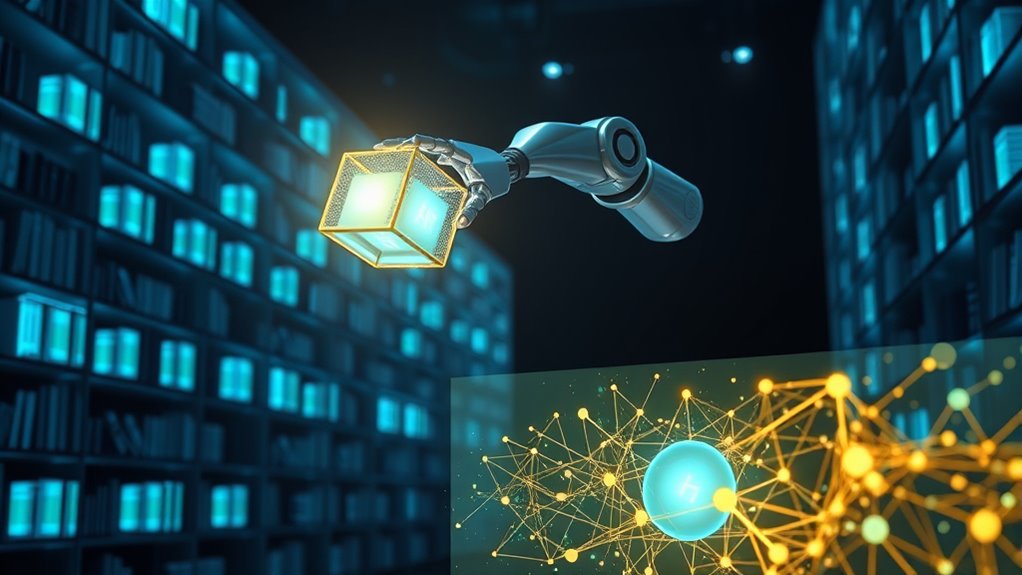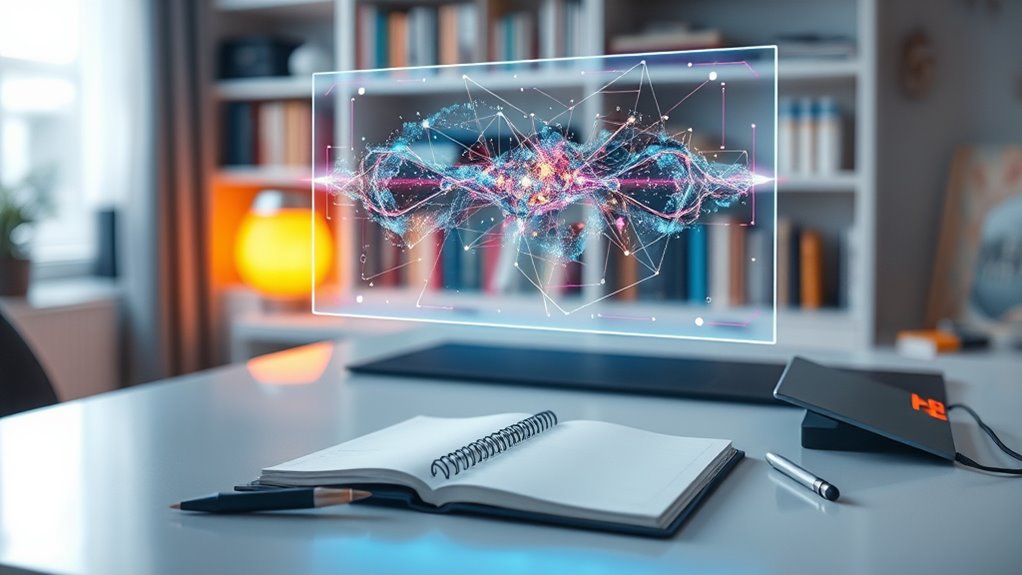Although technology is advancing quickly, the topic of AI ethics is becoming more important than ever. Artificial Intelligence, or AI, is changing how we live and work. But with great power comes great responsibility. People are asking tough questions. How can we make certain AI doesn’t hurt anyone? How do we keep personal info safe? These concerns are at the heart of AI ethics, a field focused on guiding how AI is built and used.
Around the world, experts agree on key ideas for ethical AI. One big rule is to avoid harm. AI systems shouldn’t cause unnecessary trouble or danger. They must also keep people safe, both physically and mentally. Another focus is privacy. When AI uses data, it’s gotta protect personal details. Laws and rules help make certain data isn’t misused. There’s also a push for fairness. AI shouldn’t pick favorites or be biased against anyone. To do this, developers use diverse data and check systems often for unfairness. Additionally, in higher education, frameworks like ETHICAL Principles AI emphasize the importance of equitable integration to address bias and accessibility (equitable AI integration).
Experts worldwide stress ethical AI must avoid harm, ensure safety, protect privacy, and promote fairness by using diverse data and regular bias checks.
Collaboration is a huge part of ethical AI. Many groups, like companies, governments, and schools, work together. They share ideas to make AI better for everyone. For example, UNESCO has recommendations that stress safety and privacy. Google has its own AI principles, focusing on responsible growth. Other groups, like PwC, highlight the need for AI to explain its decisions. If AI makes a choice, people should understand why. Google’s commitment to developing AI responsibly underscores the importance of these collaborative efforts (AI responsibly developed). Moreover, addressing algorithmic bias is critical to ensure AI systems do not perpetuate existing inequalities or unfair treatment.
Safety isn’t just about physical stuff. AI systems need strong cybersecurity to stop hackers. There’re also plans for emergencies if something goes wrong. On top of that, following laws is a must. AI developers gotta stick to local and international rules. This keeps everything legal and fair.
At the end of the day, the goal is to make AI helpful. It’s gotta benefit society, not cause problems. By focusing on accountability, developers guarantee AI takes responsibility for its actions. As AI keeps growing, these guiding principles will shape a future where tech works for everyone, not against them. The world is watching to see how these ideas play out in real life.









